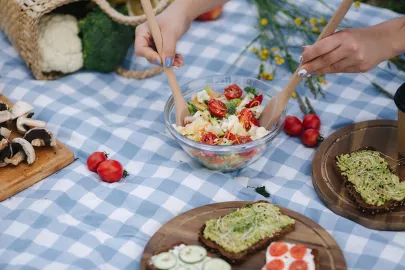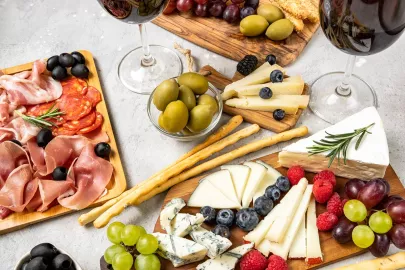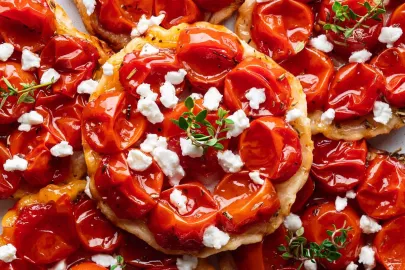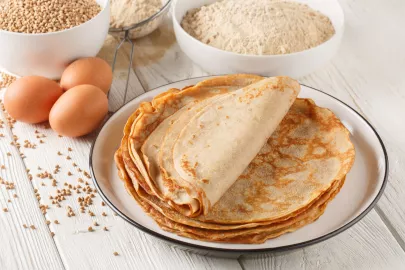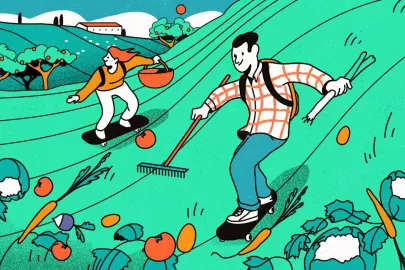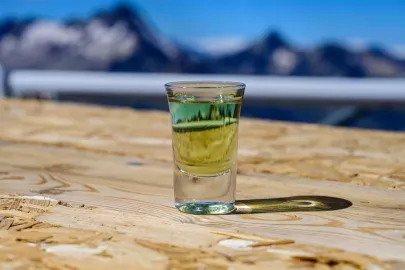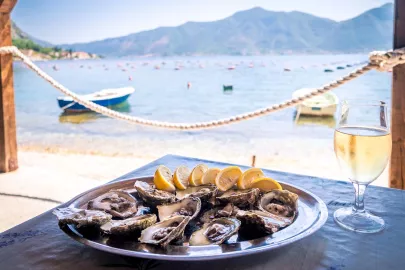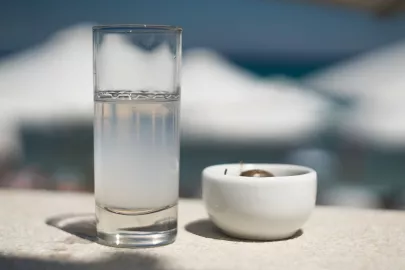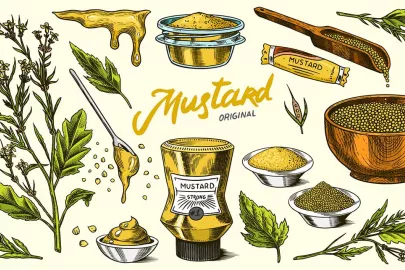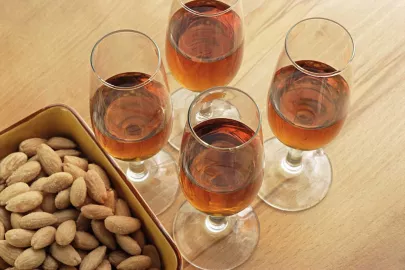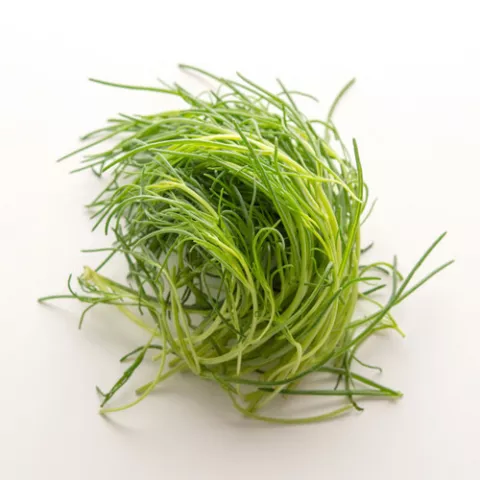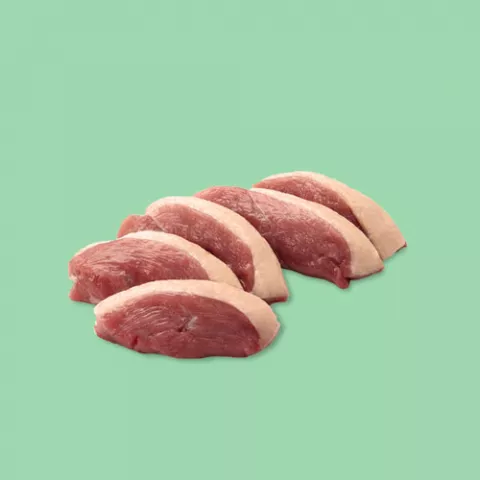Everyday life in France has been turned upside down since the outbreak of COVID-19 three months ago, not least mealtimes. But it's not all bad news. Let us explain.

All together now!
"Personally, I have rarely spent so much time with my children!" Adeline Grattard enthused recently. "We'll come out of this episode stronger, I'm sure of it!" added the Michelin-starred chef, who runs three Franco-Asian restaurants in Paris. A matter of opinion? Not entirely! It is a fact that during this health crisis, parents and children have shared more of their daily lives than ever before. That includes their meals, three times a day, for weeks on end. The upside? Plenty of opportunities to reinvent family mealtimes, and embark on new culinary adventures together, mixing and matching cuisine from home and abroad.
Home cooking is on the rise
Like other countries, France has witnessed an understandably growing appetite amongst consumers for greater control over their food, starting with how it is prepared. One surefire way to know what's on your plate is to grab your apron and Do It Yourself! As a result, homemade food has taken off, blending tradition and experimentation. Proof can be found in the growth of YouTube cooking channels like that of Alex "French guy cooking", whose subscribers have skyrocketed, or the bread craze, which has produced a whole batch of urban bakers who think nothing of proving a loaf between meetings on Teams.
Shopping baskets have made way for gift baskets
All these momentary artisans need supplies. So, in less time than it takes to make Breaded Comté bites with Espelette pepper cream, the "food basket" has become the new Holy Grail. These highly coveted objects come filled with local products bought from local suppliers for the traditionalists, more exotic ingredients for the culinary globetrotters, and both for those aspiring chefs inspired enough to try their hand at fusion.
Agile agriculture
In France, this food (r)evolution has been supported by a responsible and resilient agricultural sector, characterized by the excellence of its traced, certified products, the spread of producers across the country, the diversity of its produce, the adaptiveness of its artisans and distributors and other strengths. Made all the more easy by the fact that farmers have taken advantage of the web. When innovation was called for, a whole crop of digital platforms helped put consumers in touch with producers.
What next?
"If the Covid crisis has taught us one thing, […] it's that we have to recalibrate our relationship with nature." Vice-President of the European Commission, Frans Timmermans is in no doubt that "we have to be more resilient, and make sure that the way in which we live, produce and consume is sustainable". Words that endorse the French project Ambition Bio 2022, the aim of which is to convert 15% of France's usable agricultural land to organic farming in the next two years. In other words, gate to plate with absolute confidence. Come on, let's get back into the kitchen!
Contributor

Editor

